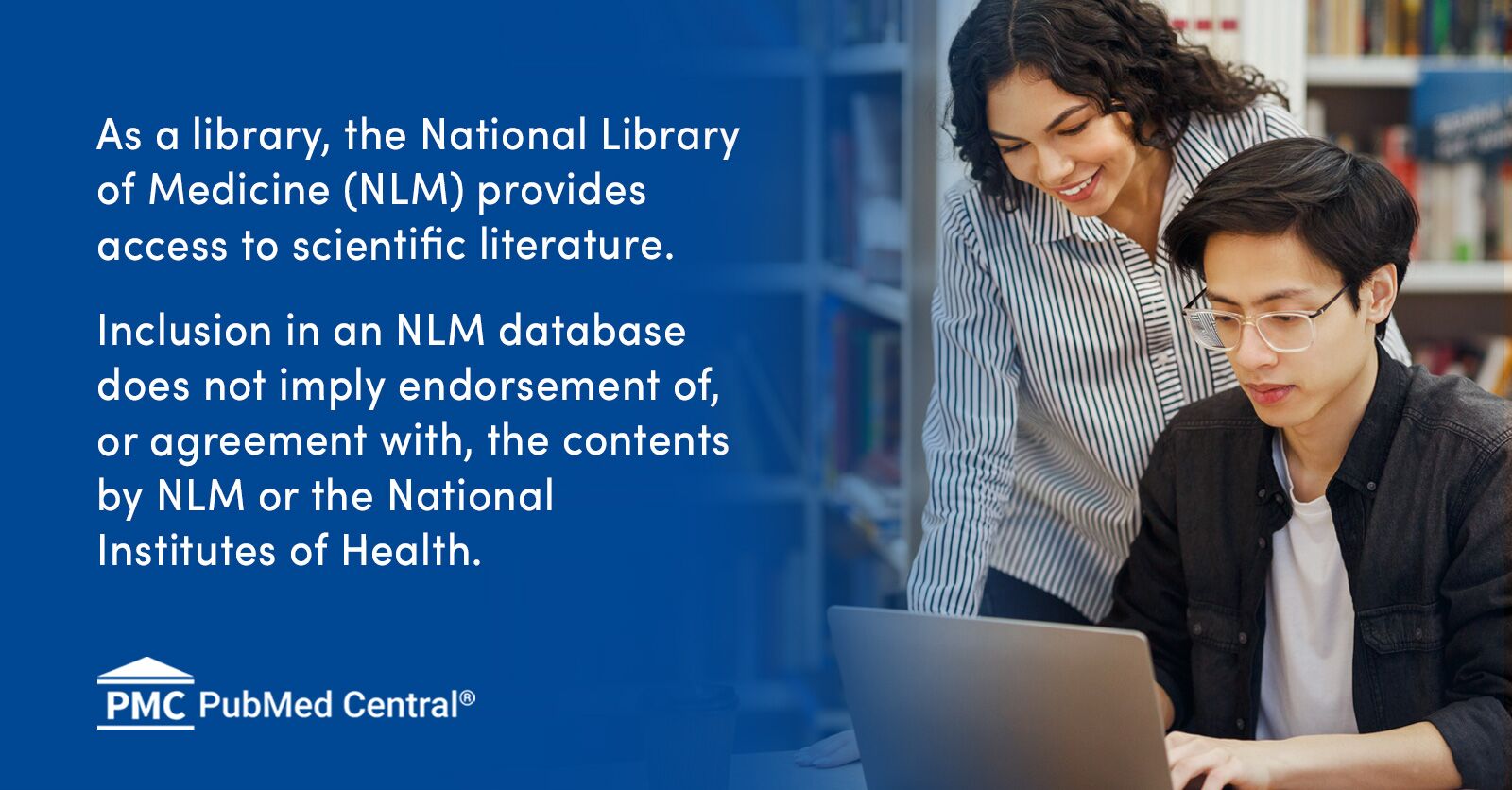Hello guys,
did my first ICP recently (having problems with Cyanos since a while) where mostly some halogenes and trace elements are out of range.
Some of them I ve never heard or read anywhere til now.
I mean, how important/essential are these parameters really?
Should I leave it like that or try to get them also withing recommended range?
n.d = not detectable
what testing ideal range
Fluroid 0,67 0,90 – 1,60
Iod (total) 0,018 0,055 –0,080
Bromid: Fluroid 103,3 34 –83
Fluroid: Iod 37,2 11 – 29
Total Phosphat : Nitrat 260 90 – 110 (already opened a separate thread)
Zink n.d. 3 – 8
Vanadium n.d. 2 – 10
Copper 0,99 2 – 6
Nickel 1,89 3 – 6
Chrom n.d 0,05 – 2,3
Cobalt n.d 0,02 – 1,90
Barium 68,2 5 - 50
did my first ICP recently (having problems with Cyanos since a while) where mostly some halogenes and trace elements are out of range.
Some of them I ve never heard or read anywhere til now.
I mean, how important/essential are these parameters really?
Should I leave it like that or try to get them also withing recommended range?
n.d = not detectable
what testing ideal range
Fluroid 0,67 0,90 – 1,60
Iod (total) 0,018 0,055 –0,080
Bromid: Fluroid 103,3 34 –83
Fluroid: Iod 37,2 11 – 29
Total Phosphat : Nitrat 260 90 – 110 (already opened a separate thread)
Zink n.d. 3 – 8
Vanadium n.d. 2 – 10
Copper 0,99 2 – 6
Nickel 1,89 3 – 6
Chrom n.d 0,05 – 2,3
Cobalt n.d 0,02 – 1,90
Barium 68,2 5 - 50


















